Baby-led weaning is a term that describes a way to introduce solid foods to babies, and it skips the puree or mushy-food phase. We asked Penny Glass, PhD, an expert on infant and child development, to help answer some questions you may have about baby-led weaning and introducing new foods to babies.
When should babies begin eating food?
Most pediatricians say to wait until babies are 4-6 months before starting babies on food. If a baby was born prematurely, parents should factor in their development. The main reason that babies need more than breast milk at that age is because they need more iron.
Are there any benefits to starting babies on purees?
The idea of exposing babies to different flavors of foods and aromas is a positive one and can help whet their appetites. But don’t worry if your baby isn’t a fan of the food you give them — it’s typical for babies to have to try something 17 times before they like it.
When should babies start feeding themselves?
There is no right age for babies to start feeding themselves — it’s really when babies have the ability to do so. Look for developed motor skills, like gripping and body tone before letting babies feed. But don’t put unnecessary pressure on your baby to get them to feed themselves!
When babies are very young, they aren’t very good at feeding themselves, so they may become frustrated because they are still hungry but are not able to eat enough. In this case, start by offering bites from a spoon and once the baby has had a few bites, parents can let the baby “practice” on their own.
Is choking a concern with baby-led weaning?
Proponents of baby-led weaning say that babies’ gag reflexes prevent them from choking. But some may have stronger responses and throw up, which causes an unpleasant experience for both the baby and caregivers. A common reaction is for parents to panic when a baby is choking, and it can create a bad cycle that leads to unpleasant mealtimes.
What are the benefits of baby-led weaning?
Anything that brings a parent to the table with their baby has some merit. Babies learn by watching, so they watch parents chew and socialize. It’s also a great way to expose babies to new foods. Exploring new flavors and “gumming” foods is a very positive and appropriate experience.
Why is eating together so important?
Around 6-9 months of age, babies become intent on watching and learning from people, and this includes how people talk and eat. Coming to the table together is a great social and language learning opportunity.
 https://riseandshine.childrensnational.org/wp-content/uploads/2026/01/healthy-family-feature.jpg
300
400
Rise and Shine
https://riseandshine.childrensnational.org/wp-content/uploads/2017/11/childrens_riseandshine_logo.jpg
Rise and Shine2026-01-28 13:02:522026-01-29 09:53:52Celebrate American Heart Month together: Healthy habits for the whole family
https://riseandshine.childrensnational.org/wp-content/uploads/2026/01/healthy-family-feature.jpg
300
400
Rise and Shine
https://riseandshine.childrensnational.org/wp-content/uploads/2017/11/childrens_riseandshine_logo.jpg
Rise and Shine2026-01-28 13:02:522026-01-29 09:53:52Celebrate American Heart Month together: Healthy habits for the whole family




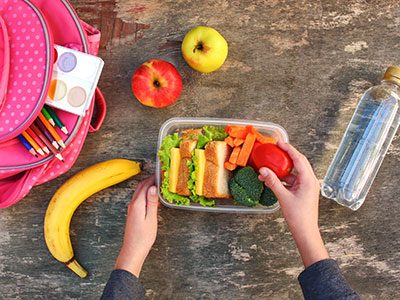
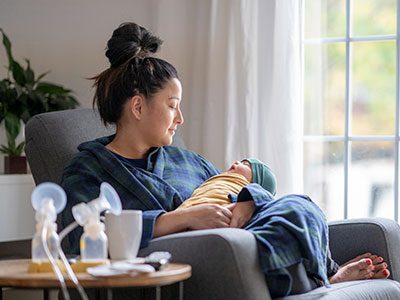

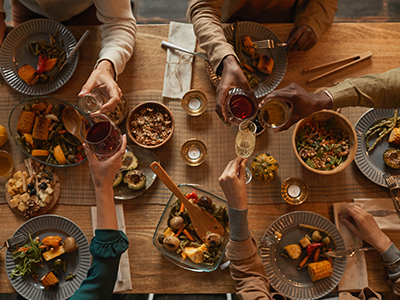
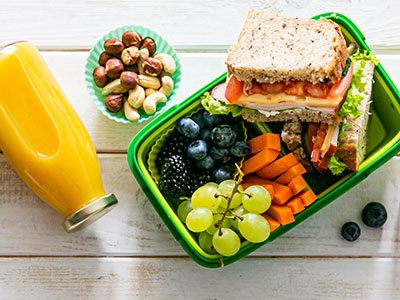
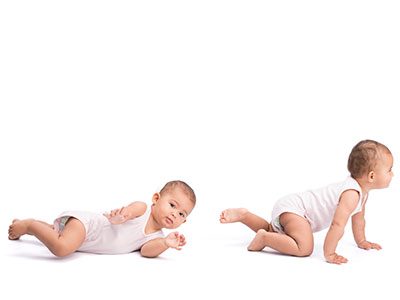
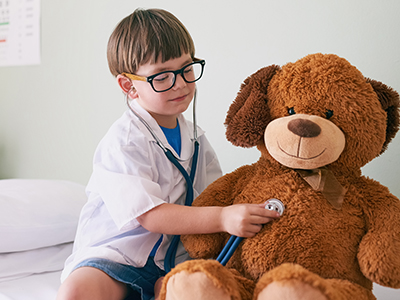

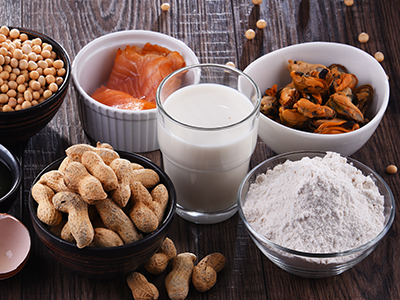
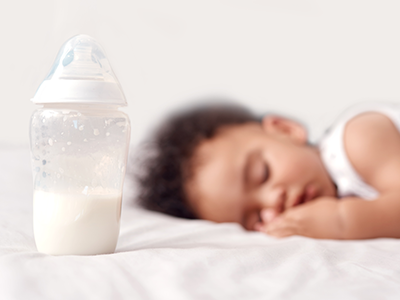
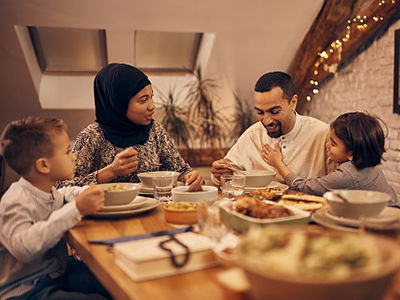
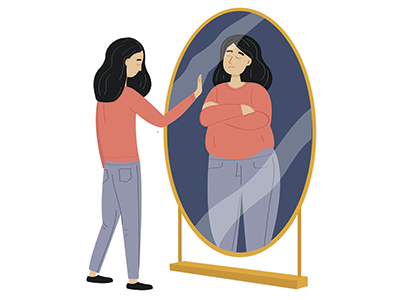
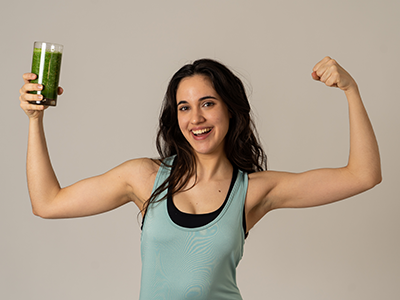
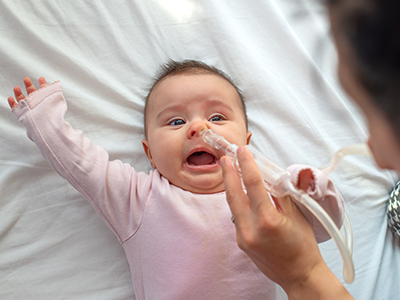
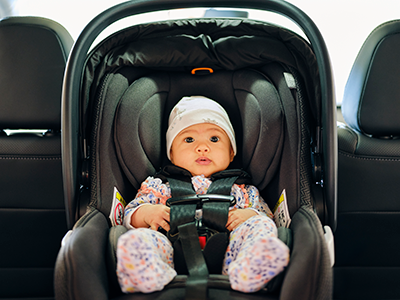
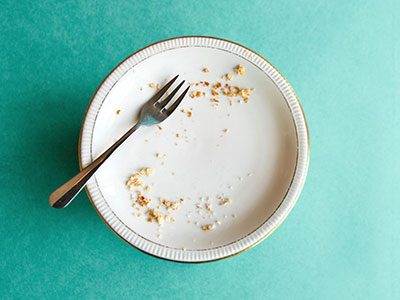
Leave a Comment
Want to join the discussion?Feel free to contribute!